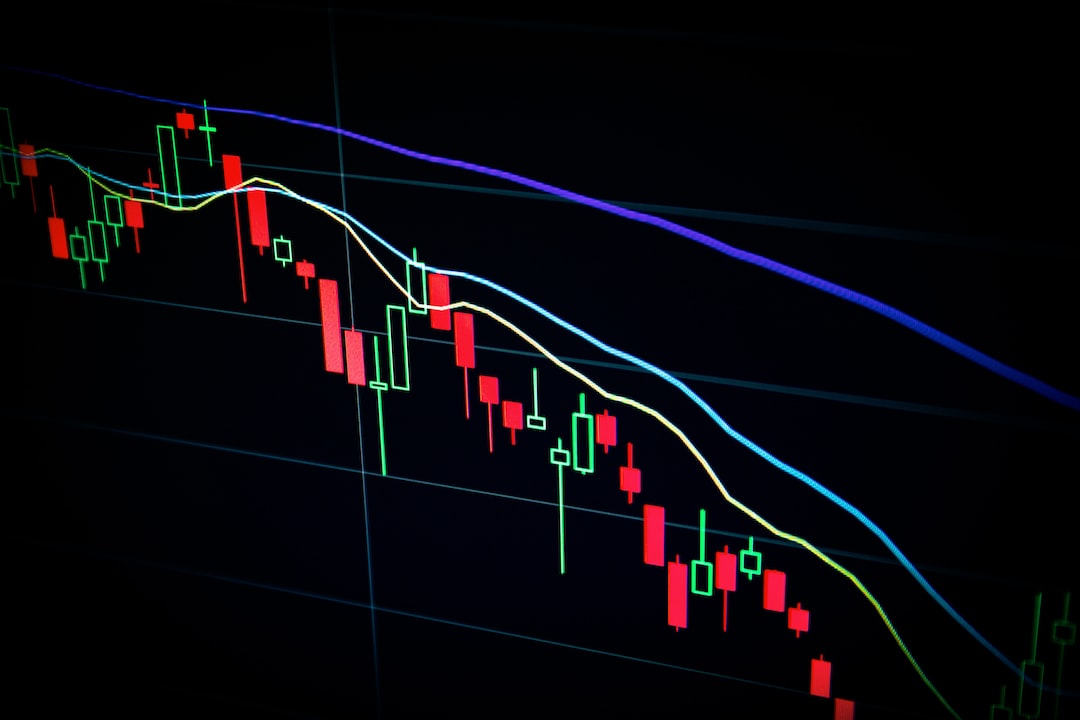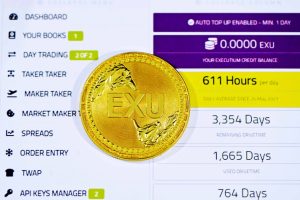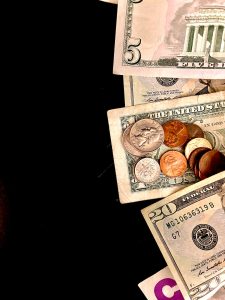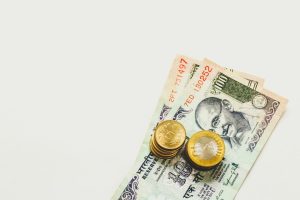The foreign exchange (forex) market is the largest financial market in the world. It is decentralized and operates 24 hours a day, five days a week. Forex trading involves the buying and selling of currencies, and it is a highly liquid market that provides ample opportunities for traders to profit. In the United States, the forex market is regulated by the Commodity Futures Trading Commission (CFTC) and the National Futures Association (NFA). These regulatory bodies are responsible for ensuring that forex brokers and traders comply with the laws and regulations governing the market. So, who controls the US forex brokerage markets? Let’s take a closer look.
The CFTC and NFA
The CFTC is an independent agency of the US government that regulates futures and options markets. It was established in 1974 to protect investors and the public from fraudulent practices in the financial markets. The CFTC has jurisdiction over the forex market because forex trading involves the trading of futures and options contracts. The agency’s mission is to promote transparency, competition, and financial stability in the markets.
The NFA is a self-regulatory organization (SRO) that oversees the activities of forex brokers and other financial firms that are members of the association. The NFA was created in 1982 to protect investors from fraudulent activities in the futures and forex markets. The association is responsible for enforcing compliance with CFTC regulations, and it has the power to impose fines, suspend or revoke memberships, and take other disciplinary actions against members who violate the rules.
Forex Brokers
Forex brokers are firms that provide traders with access to the forex market. They act as intermediaries between traders and the market, and they earn commissions or fees for their services. Forex brokers can be classified into three categories: market makers, electronic communications network (ECN) brokers, and straight-through processing (STP) brokers.
Market makers are forex brokers that create a market for their clients. They set the bid and ask prices for currency pairs and execute trades on behalf of their clients. Market makers earn money by charging a spread, which is the difference between the bid and ask prices. Market makers are sometimes accused of manipulating prices to profit from their clients.
ECN brokers are forex brokers that connect traders directly to the market. They do not create a market for their clients, but instead, they match buy and sell orders from different traders. ECN brokers earn money by charging a commission on each trade. ECN brokers are seen as more transparent than market makers because they provide traders with access to the real market prices.
STP brokers are forex brokers that route their clients’ orders directly to the market. They do not create a market, but instead, they act as intermediaries between traders and liquidity providers. STP brokers earn money by charging a commission on each trade. STP brokers are seen as more reliable than market makers because they do not have a conflict of interest with their clients.
Conclusion
In conclusion, the US forex brokerage markets are controlled by the CFTC, the NFA, and forex brokers. The CFTC and NFA are responsible for regulating the market and ensuring that forex brokers and traders comply with the laws and regulations governing the market. Forex brokers provide traders with access to the market and earn money by charging commissions or fees. Traders should choose a forex broker that is regulated by the CFTC and NFA and has a good reputation in the industry. By doing so, they can ensure that their funds are safe and that they are trading in a fair and transparent market.






